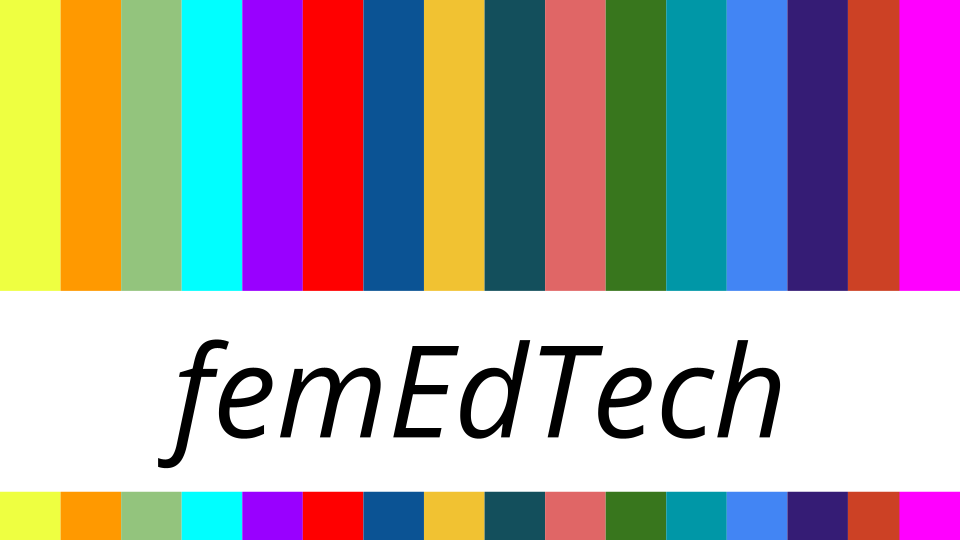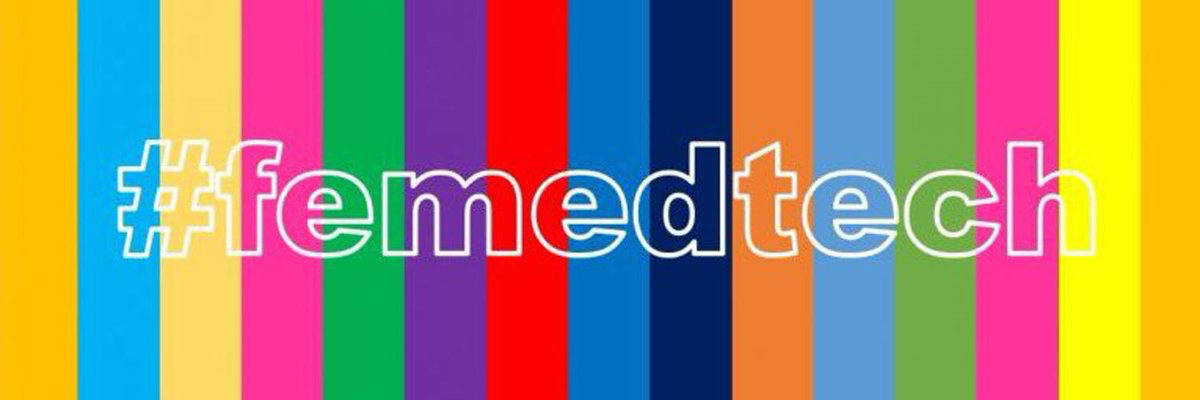I’m not entirely sure where I’m going with this post, tbh I’m not even sure what it is I’m trying to say, but I have a gut feeling that something needs to be said about the historiography of the open movement. Who is it that writes that history? Whose voices do we choose to amplify? Whose contributions do we remember and celebrate? Whose are forgotten and silenced? How do we acknowledge the contribution of individuals whose personal ethics and politics are often at odds with our open feminist practice? I’m talking about the saints and messiahs, the ideologues and homesteaders, the founding fathers and benevolent dictators. Men who have played an undeniable role in shaping concepts of openness in the domain of technology, but whose personal ethics may be wildly out of tune with many of the values we hold dear in the open education community; equality, diversity, inclusion, social justice.
As a sometime-historian, this is a dilemma, and I realise that even by writing this post I’m perpetuating the narrative that certain individuals are central to any understanding and history of open. I also realise that much more thoughtful writers than me have examined the history of openness and technology through a nuanced and critical lens. Audrey Watters has written extensively about our collective amnesia when it comes to the history of ed tech, and Mar Hicks has published widely about how women suffered the double ignominy of first being discarded by the UK computer industry and then being written out of its history all together.
Of course it’s possible acknowledge the importance of ideas, while purposefully “forgetting” where they came from, to retain the ideas, but write their authors out of history. But I’m really uneasy about separating the message from the messenger like this, because I think our beliefs are, to a greater or lesser degree, codified in our ideas. Our ideas are shaped by who we are, by our personal ethics and belief systems, by our view of the world around us. If we purposefully forget where some of the ideas that have shaped our concepts of openness have come from and how they have been formed, we run the risk of sleep walking into a future where open education is for the few not the many, and where openness simply reinforces real world injustices and inequalities.
Following the lead of writers like Audrey and Mar we need to construct our own diverse and inclusive narrative and historiography of openness. We need to understand how people’s views are reflected in their work and we need to approach them critically and reflectively. We can’t write people out of history, and nor should we attempt to do so, but we can choose whose voices we amplify, whose we listen to, whose we hear. And we also need to learn to listen to the silences, to identify whose voices have been elided and excluded from narratives of open. We need to be thoughtful and critical and open minded. We need to listen to other voices.



Provide Feedback